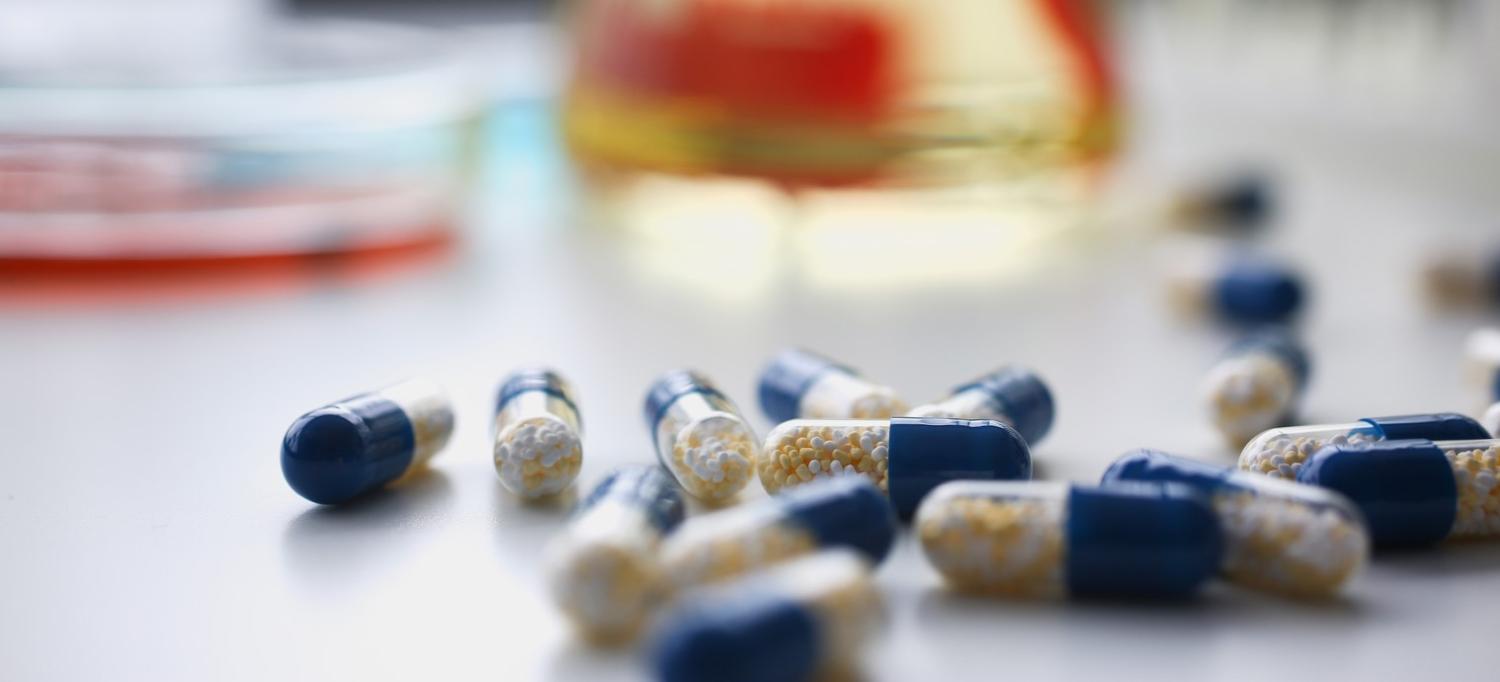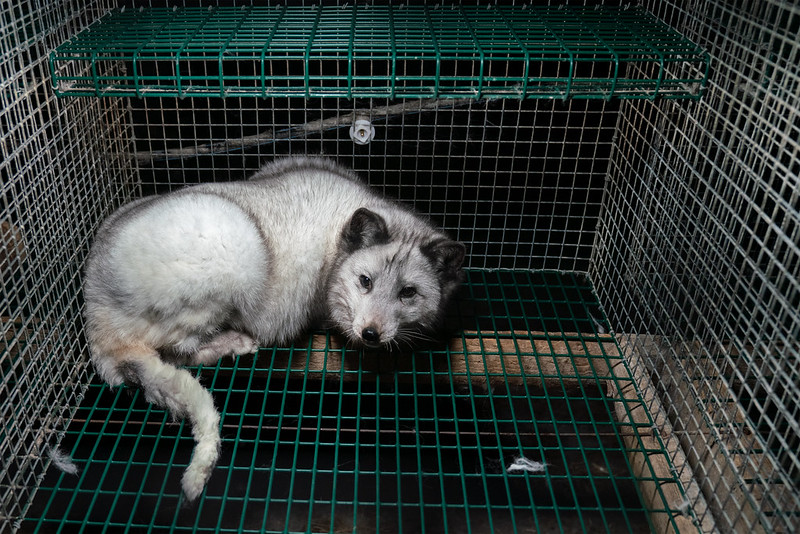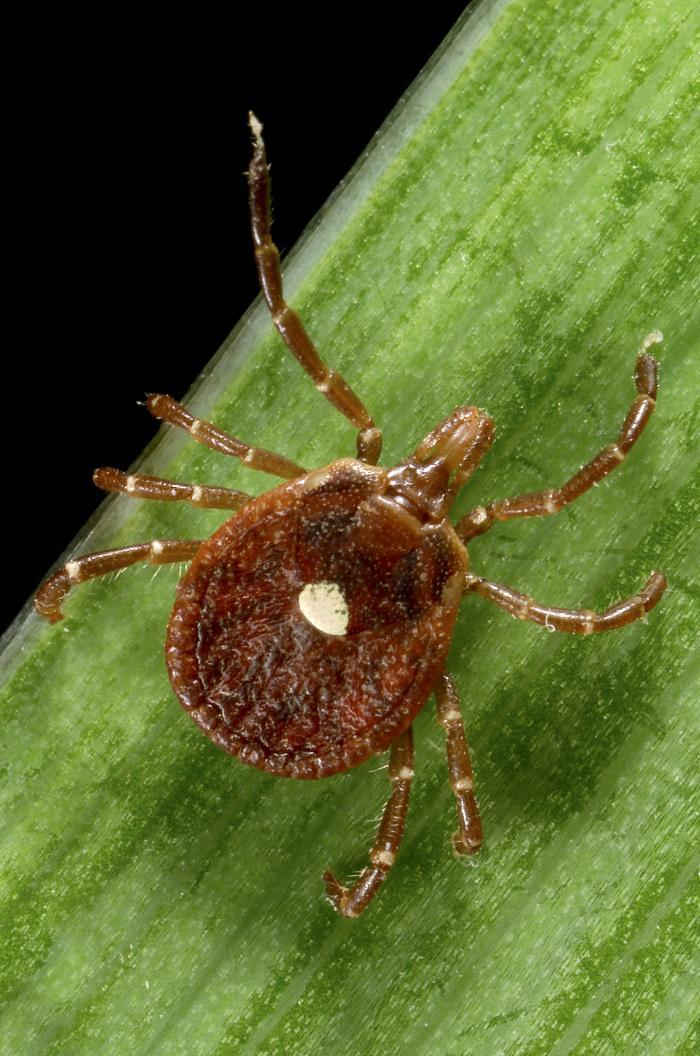The World Health Organization (WHO) has added four drugs for treating infectious diseases to its updated list of essential medicines.
The newly added medications include pretomanid, an antibiotic that's included in the WHO-recommended, 6-month regimens for multidrug-resistant tuberculosis (TB). The other drugs in the regimens—bedaquiline, linezolid, and moxifloxacin—are also on the essential medicines list.

TB Alliance CEO Mel Spigelman, MD, said the designation is important because many countries use the essential medicines list to prioritize the medicines used in their national health systems.
"With this listing, the novel six-month regimens receive a further endorsement on the path to providing improved outcomes for all eligible patients, replacing older, toxic, and often ineffective combinations that required up to 18 months of treatment – sometimes longer," Spigelman said in a statement.
Also added to the essential medicines list is ceftolozane-tazobactam, an antibiotic-beta-lactamase inhibitor combination for treating infections caused by carbapenem-resistant Pseudomonas aeruginosa, which is on the WHO's Priority Pathogens list. The drug was added to the "reserve" antibiotic group, which includes antibiotics that should only be used for infections with limited or no treatment options, and is considered an important part of the strategy for limiting the spread of carbapenem resistance.
The other anti-infectives added to the list are ravidasvir, which is used in combination with sofosbuvir for treating chronic hepatitis C infection in adults, and monoclonal antibodies for Ebola virus disease.

















